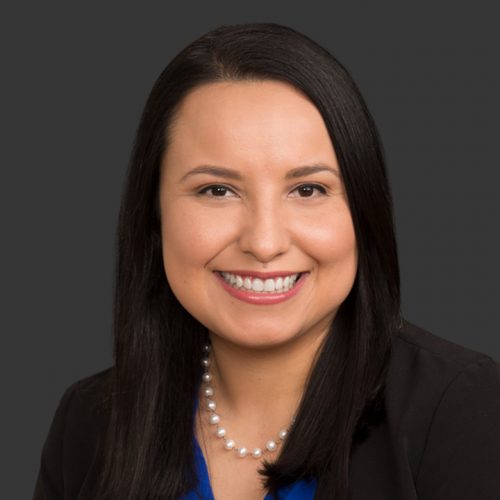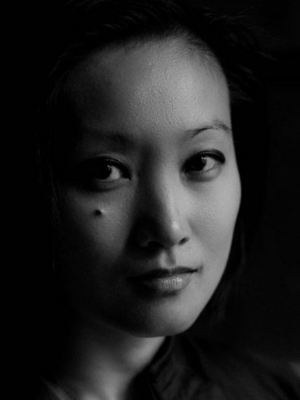 “I found a different lease on my otherness. I can’t chase everybody’s projection of me,” says Elena Kim, “but the more I recognize the uniqueness of my own experience, the more I feel I have to offer.”
“I found a different lease on my otherness. I can’t chase everybody’s projection of me,” says Elena Kim, “but the more I recognize the uniqueness of my own experience, the more I feel I have to offer.”
Kim speaks to how she learned to dream, connecting through differences, emotional regulation and integrating masculine and feminine aspects of leadership.
How the Invitation To Dream Changed Everything
Kim spent the first six years of her career in investment banking in Moscow, before the financial crisis of 2008. She decided to take the ‘opportunity’ of the market slump to invest in herself by pursuing an MBA. While filling out the application, she had to answer where she envisioned herself in five years, which she had never considered: “It quickly became a self-discovery journey for me.”
When Kim pondered what she cared or was passionate about, she realized she didn’t know what she really wanted.
“It was the first time when I allowed myself to dream as if anything was possible,” reflects Kim. “At that time, it was films and TV series – my window into the bigger world, into a different world. Growing up in Uzbekistan, I never had allowed myself to even consider the possibility of working in entertainment.”
She received her MBA from UCLA Anderson School of Management in Los Angeles when digital media was becoming prevalent in media and entertainment, which created a permissive playing field of newbies. Jumping on the rising wave of digital transformation as major players were just coming onto the scene, she joined a startup and began to reinvent her career path.
For several years, she acquired film and TV content for digital platforms, such as Hulu, Vimeo and iflix. For the past three years, she has negotiated and licensed music rights for programming across broadcast, cable, local TV networks and streaming platforms, which gives her a bird’s eye view of the whole TV and film industry.
“What I’m passionate about is figuring out what makes people’s hearts beat faster. What do they really love to watch and what determines that?” she says.
Having worked across emerging markets, she observed the obvious: whereas what people prefer to watch in Latin America might differ from that in Eastern Europe, Middle East, Africa or Southeast Asia, the love for stories about human experience is shared universally.
The Curiosity to Learn
Early on, Kim believes that her strongest asset was curiosity and willingness to dig deep into a subject. She notes she had amazing teachers who taught her the structure of learning a new skill and how to dissect a new concept to understand it.
“So how do you learn a new industry, for example? You look at the main players and their business models: how do people make money? What is the current political, economic, legislative environment impacting the industry? What are the major trends? What stands behind the main buzzwords?” asks Kim. “As you learn the basics, you then start tuning into where the opportunity is. What forms core competitive advantage, and what is driving the opportunity, what needs to hold true to fully unleash value? etc.”
When she was coming from Russia to the U.S., shifting from banking to media, she applied this process: “It became very clear to me that the wind was blowing towards online viewing, and I knew I wanted a job that had something to do with digital distribution.”
She loves how digital distribution of content included many more voices in a global dialogue. Regardless of where you are from and what you believe, you can connect over Game of Thrones or Friends.
The Value In Our Differences
As an avid globe trotter (over 60 countries and counting), she finds traveling therapeutic. She especially enjoys interacting with local people who don’t speak her language, figuring out ways to communicate beyond verbal. She holds such memories dear to her heart after surviving an earthquake in Nepal, sharing music with children from indigenous tribes in Indonesia, self-driving through Botswana and Namibia with local hitchhikers, getting help from local police after being robbed in Argentina, for example.
During one such trip, she traveled to Peru and had her first experience with plant medicine under the guidance of a local shaman, who held space with due reverence to ancient practices and traditions: “This was learning on a cosmic level. I won’t even attempt to describe it in words. If my spiritual inquiry started with understanding the concepts of neuroplasticity (who you are today is not a verdict), my awakening was turbo charged by living through the learning during this psychedelic experience.”
Kim continues, “One of the things now running through my veins is the knowing that what makes me connect with people is the ways in which we are similar, what intrigues and draws me to people is the ways in which we are different.”
“My personal journey with ‘otherness’ has been an emotional roller coaster. I am Korean ethnically, born in a Muslim country of Uzbekistan, mentally grew up in Russian culture in the Russian society,” says Kim. “Now I live in the U.S. as a gay woman, a scientifically-inclined spiritual psychonaut, where I’m ‘too woo woo’ in analytical circles and ‘too in my head’ in esoteric environments, etc. Of course, these are mostly distorted self-assessments.”
Growing up, she felt the disconnection of being Asian in Russia by not ‘presenting’ as Russian. Yet she speaks Russian, not Korean or Chinese, for which she’s regularly mistaken. Last year, prior to the current geopolitical crisis, she spent time in Russia, where she identified a piece in herself that she feels is Russian: her sense of depth. She does not give people any box to put her in anymore: “I don’t even fit the labels I have for myself,” she notes, “I’ve stopped explaining. ‘I’m from Russia’ is all I say now.”
To Kim, whatever makes us different is what helps us to represent a specific side of humanity as part of the whole. She resonates with Jerome Braggs’s notion that if you believe in universal oneness, then excluding experiences that are unique leads to robbing others of a fuller wholeness. Therefore, the more different we’re perceived we are, the more important it is for us to show up in all areas of life – and she notes those differences are defined in so many ways beyond ethnicity, race, gender or sexual orientation.
Integrating Feminine and Masculine Traits in Leadership
In a previous role, Kim was encouraged to start an initiative to foster diversity, equality and inclusion across employees from 40+ different countries and cultural backgrounds, which activated for her the importance of so-to-speak “feminine” qualities of leadership, especially when dealing with something intangible like what gives people a collective sense of purpose, belonging, safety for authenticity, and striving for excellence.
Kim recounts we have historically glorified and rewarded traits of leadership that are labeled as “masculine” – assertiveness, linear thinking, clarity without questioning and go-getting. But traits that we assign as “feminine” – such as empathy, collaboration, creating constructive atmosphere – are considered nice-to-have but not necessarily perceived as attributes of leadership or rewarded.
“The DE&I initiative quickly led me to a path of dissecting and challenging the leadership paradigm that we were operating under,” reflects Kim. “It’s so clear to me that to be successful in a multicultural organization, you have to have an acute level of empathy and cultural awareness. And the soft skills are increasingly becoming must-have.”
She has come to see that “feminine” leadership qualities are a necessary complement to “masculine” qualities, not a compromise or trade-of. “I used to hold this myth that once you start being softer, you lose your edge, an ability to reach goals in a timely manner. I had this notion you either be like a robot or you float in the clouds, and that was a misconception.”
Reflecting on the evolution of her leadership style, she says: “Even if I was telling myself a different story, early on I was truly managing out of egoic fear of losing control. I was never a micro-manager, but I was a micro-controller. I had to know everything, call the shots, be the one interacting with management to control the narrative, etc.”
Kim realizes this came from being extremely demanding on herself, and meant she came off polished and unapproachable. As she steps up as a leader, her focus is increasingly shifting to creating opportunities for others to push their growth edges, normalizing making mistakes while minimizing their impact.
Now she finds herself at a company that’s thriving despite the global pandemic. “We have set clear goals, roles, strategy and timeline, while the flow and interaction within the team remains fluid, supportive and trusting. I don’t need to chase anyone to get their job done, rather keep communicating progress, so folks can self-direct their work streams to deliver on time. This release of control within set boundaries is still work in progress as my ego peeks its head constantly. With that, I find myself being successful at my job, really supported by my team and a much happier me.”
Emotional Regulation and Co-Creation
Kim feels the pandemic, socio-economic inequity, and current geopolitical crises have brought a set of unique challenges around managing people’s mental and emotional states. Leaders are not necessarily equipped with due skillsets, protocols or guidelines to attend to people’s emotional turbulence. She is increasingly interested in the area of emotional self-regulation and has heard many executives speak to challenges of operating in toxic environments where stress and reactivity are the norms: “Even in my relatively emotionally intelligent company, without the acquired self-regulation practices I’ve exposed myself to in the last couple of years, I could not have managed some of the incidents that have come up inside and outside of the company. A simple thing like taking a deep breath might lead to a more beneficial outcome in an emotionally charged situation. These tools are teachable and the impact is quickly palpable.”
Her latest fascinations include Web 3.0 and decentralization, and she’s presently teaching a blockchain fundamentals course at chief.com to a network for executive women.
By Aimee Hansen

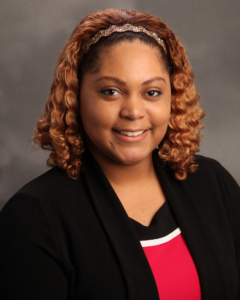
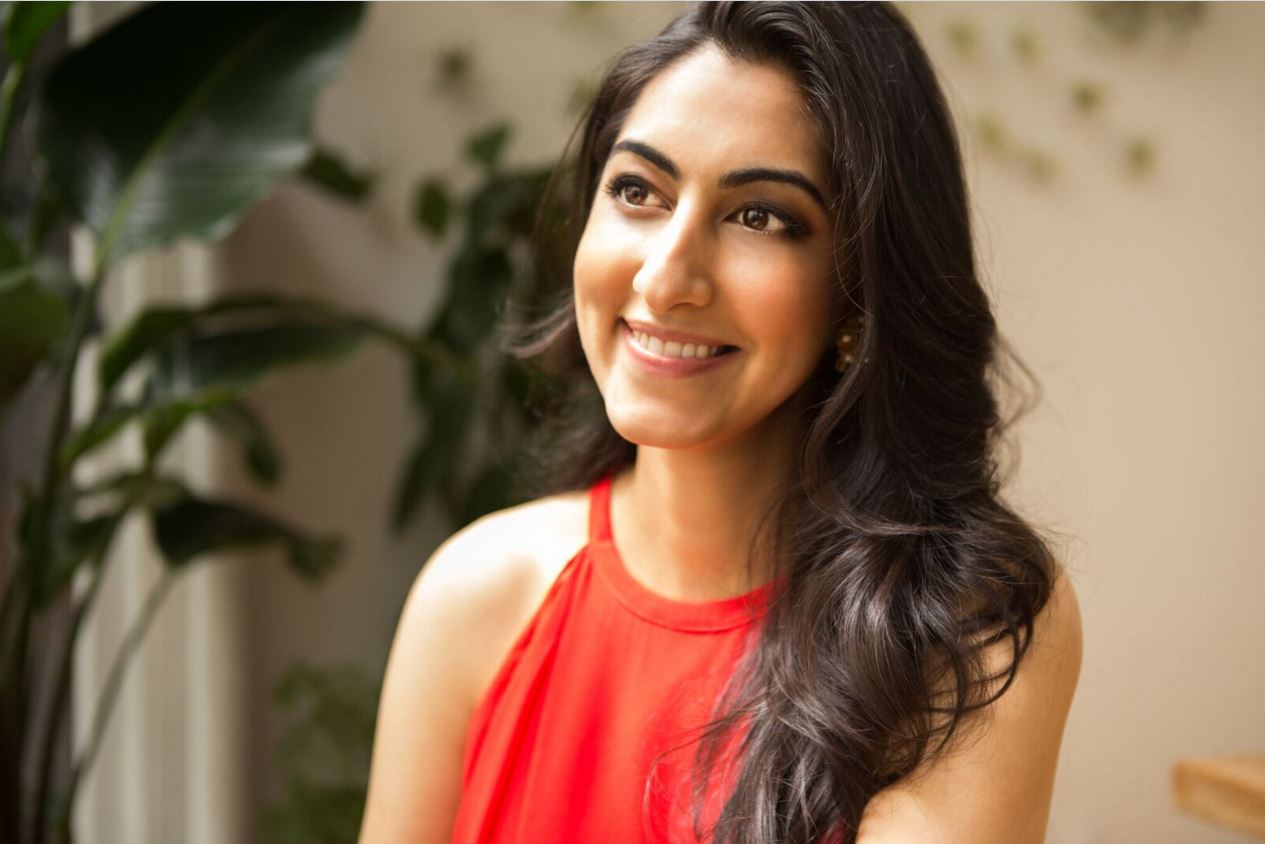
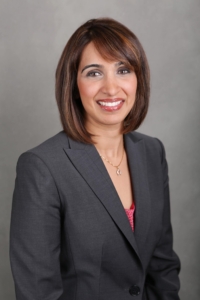

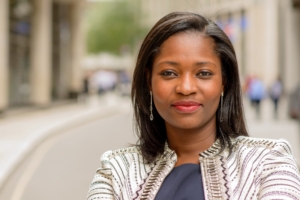
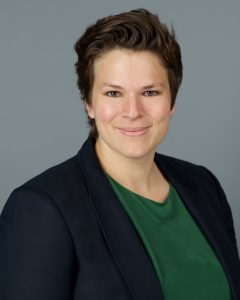 By Cathie Ericson
By Cathie Ericson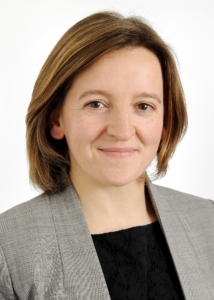 by Cathie Ericson
by Cathie Ericson
